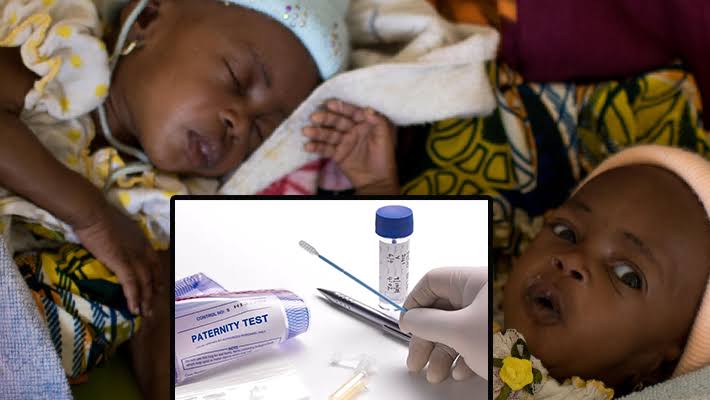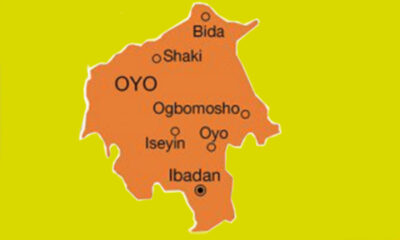News
One in four Nigerian children failing DNA tests raises alarming questions

A recent study by Smart DNA Nigeria has sparked nationwide debate after revealing that one in four paternity tests conducted in the country over the past year returned negative results.
The findings mean that 25 per cent of children tested were not biologically related to the men believed to be their fathers, raising concerns about the state of family trust, identity, and social stability in Nigeria.
According to the study, the majority of the tests were commissioned by men over the age of 40, with Lagos State emerging as the epicentre of requests. Notably, firstborn sons were the most frequently excluded. Analysts suggest the trend is closely linked to the rising “Japa” wave, as families seeking foreign residency or citizenship are increasingly required to provide DNA evidence for documentation.
Beyond the statistics lies a human story marked by broken homes, inheritance disputes, and fractured relationships. In many cases, men have discovered sometimes after years of investment in education and upbringing that the children they believed to be theirs were not biologically related to them. For the children involved, the revelations often raise painful questions about identity and belonging.
The study has reignited debate over whether DNA testing should be routine. While some argue that such tests should only be conducted in cases of disputed paternity, others maintain that every man has the right to know the truth early on. Despite the differing perspectives, both sides acknowledge the severe psychological consequences that can follow for all parties involved.
Experts warn that the implications of the findings go beyond individual families. If one in four paternity tests result in exclusion, they argue, then the Nigerian family unit traditionally seen as the foundation of society is under threat. Calls are growing for legal reforms, public education, and counselling services to address the crisis and mitigate its fallout.
Behind every percentage point, however, lies a deeply personal story one of betrayal, heartbreak, and in some cases, violence.
The DNA debate has become a painful mirror, reflecting just how fragile trust has become within Nigerian marriages and relationships.
-

 News4 hours ago
News4 hours agoOpposition Reps raise alarm over alleged non-implementation of 2025 budget
-

 Business4 hours ago
Business4 hours agoCurrency outside Banks rises 10.2% as money supply expands
-

 World News4 hours ago
World News4 hours agoNigeria’s exports to Africa hits N4.82trn
-

 National News4 hours ago
National News4 hours agoClean Energy key to survival, healthy living — Remi Tinubu
-

 Metro4 hours ago
Metro4 hours agoPolice Inspector killed as officers rescue kidnap victim in Oyo
-

 News36 minutes ago
News36 minutes agoBREAKING: Soludo orders closure of Onitsha Main Market over sit-at-home defiance

















